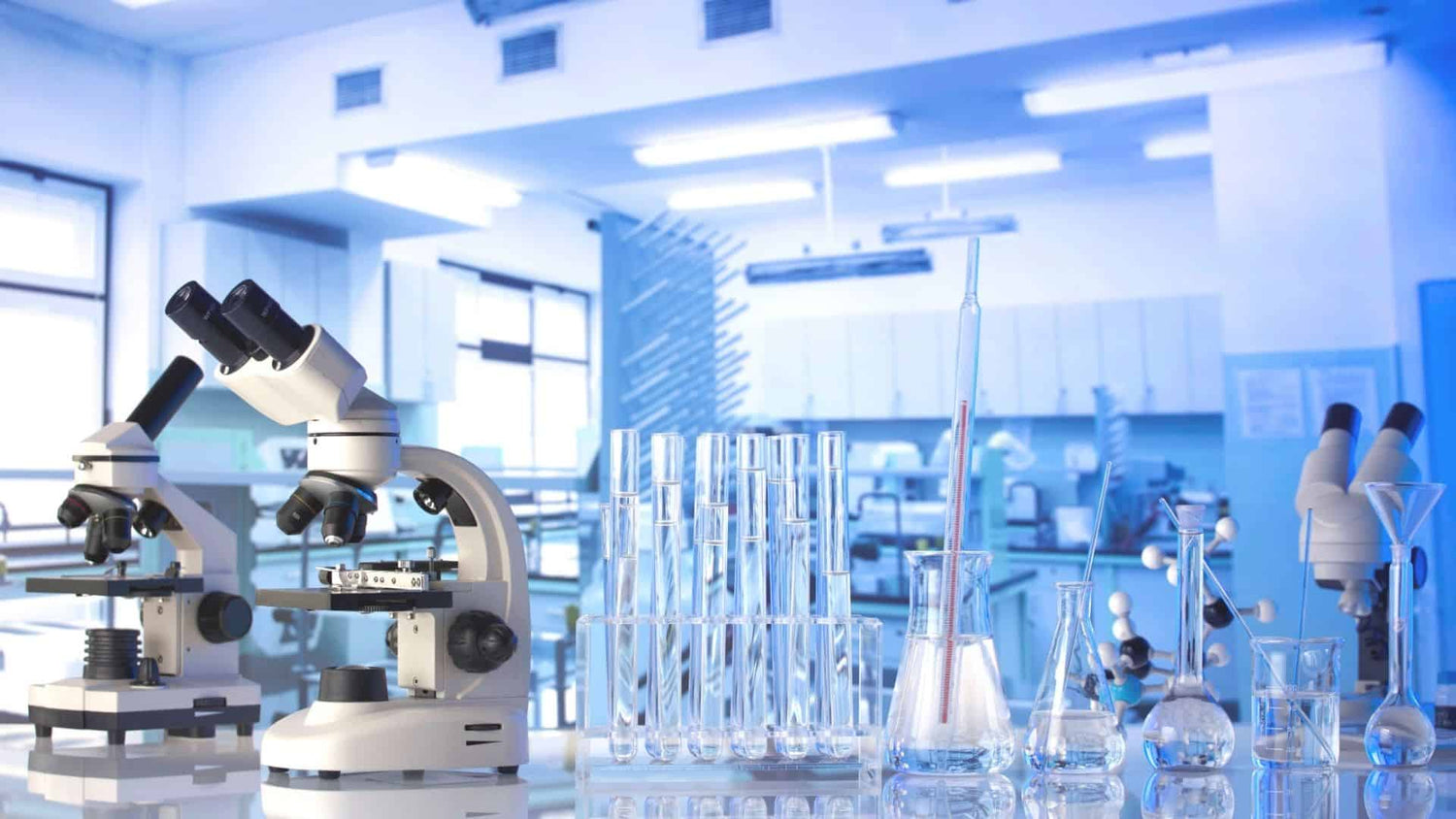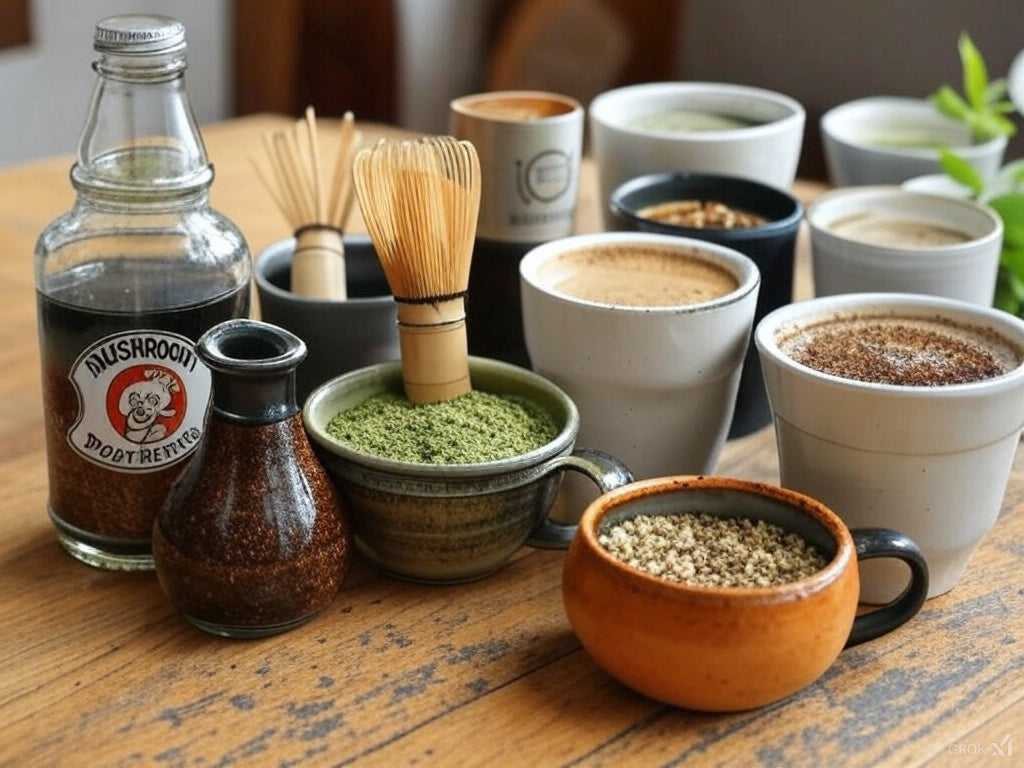Blog

The Next Big Thing in Coffee: Why Your Next Cup Might Come from a Lab
February 27, 2025. You’re sipping your morning brew, maybe it’s a Colombian roast, maybe a nitro cold brew from that hip cafe down the street. But what if I told you your next cup might not come from a bean at all? Coffee, that dark elixir that’s fueled revolutions and late-night study sessions, is at a tipping point. Climate change is roasting its traditional roots, prices are skyrocketing, and yet our thirst for it grows, 400 million cups a day in the U.S. alone. Enter the contender for the "next big thing" in coffee: "synthetic and lab-grown coffee". It’s not sci-fi it’s already here, and it could redefine everything we know about our favorite drink. Let’s dive into why this innovation, born in labs and fermenters, might just be coffee’s future, blending history’s grit with tomorrow’s promise.

The Rise of Coffee Alternatives: Why and What to Consider
There are several compelling reasons why one might consider alternatives to traditional coffee:
- Health Concerns: Coffee contains caffeine, which can lead to dependency, increased heart rate, and sleep disturbances in some individuals. For those sensitive to caffeine or looking to reduce intake, alternatives can provide similar stimulation without the side effects.
- Digestive Issues: Coffee is known to increase stomach acid production, which can exacerbate conditions like acid reflux or IBS. Alternatives often have less impact on the digestive system.
- Sleep Quality: For better sleep hygiene, reducing caffeine intake, especially later in the day, can be beneficial.
- Dietary Restrictions: Some people follow diets that exclude stimulants or have religious or cultural reasons for avoiding coffee.
- Flavor Exploration: Simply put, some folks crave variety or are looking for new taste experiences that coffee can't provide.
- Environmental Impact: Coffee production can be resource-intensive; alternatives might be more sustainable or locally sourced.
